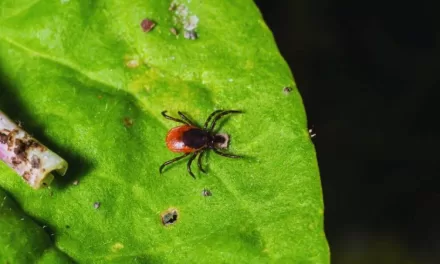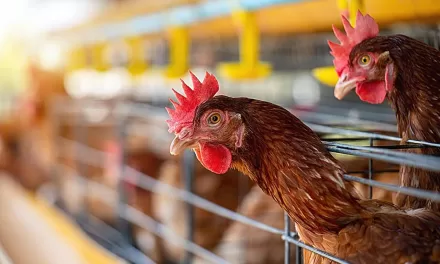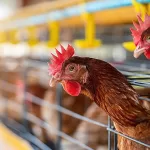DTU and Lund University Collaborative Effort Marks Major Leap Forward
In a groundbreaking advancement in medical science, researchers at the Technical University of Denmark (DTU) and Lund University have made a significant stride towards developing universal donor blood. Their discovery revolves around enzymes capable of removing specific sugars, the A and B antigens, found in human ABO blood groups when mixed with red blood cells. The findings, which hold promise for simplifying blood transfusion logistics and improving patient safety, have been published in the prestigious scientific journal Nature Microbiology.
Professor Maher Abou Hachem, the study leader at DTU, expressed excitement about the development, highlighting that these enzymes not only target the conventional A and B antigens but also extended variants previously overlooked. “We are close to being able to produce universal blood from group B donors,” he stated, underlining ongoing efforts to address the complexities associated with converting group A blood. This breakthrough, he emphasized, stemmed from synergizing the expertise of DTU researchers in gut microbiota enzymes and Lund University’s proficiency in carbohydrate-based blood groups and transfusion medicine.
The pressing demand for donor blood, fueled by an aging population and increasing medical interventions requiring blood transfusions, underscores the significance of this advancement. Converting A or B blood types into universal donor blood can substantially streamline logistical challenges and reduce costs associated with managing multiple blood types. Moreover, it promises to enhance blood supply availability by curbing wastage as blood approaches its expiration date.
The necessity to remove A and B antigens arises from their potential to provoke life-threatening immune reactions in mismatched recipients. While the concept of using enzymes to create universal donor blood emerged over four decades ago, the quest faced hurdles in achieving complete immune reaction mitigation. However, the latest research capitalizes on novel enzyme mixtures derived from the human gut bacterium Akkermansia muciniphila, renowned for its ability to break down mucosal sugar structures akin to blood group antigens.
Professor Martin L. Olsson, leading the study at Lund University, highlighted the profound implications of universal donor blood in ensuring transfusion safety and optimizing blood utilization. The researchers have filed a patent for the newly discovered enzymes and the treatment method, signaling their intent to advance this innovation through further collaborative endeavors over the next three and a half years. However, before clinical implementation, rigorous patient trials are imperative.
Financial support from entities like the Independent Research Fund Denmark, the Swedish Research Council, and the Novo Nordisk Foundation underscores the collective commitment to driving this transformative research forward. As the journey towards universal donor blood continues, this landmark discovery heralds a new era in transfusion medicine, offering hope for enhanced patient care and streamlined healthcare logistics.
Facts:
- Donor Blood: In Scandinavia, blood type distribution comprises approximately 40-45% type A, 40% type O, 10% type B, and 5% type AB. Type O red blood cells are universally compatible, making them invaluable for transfusions.
- Gut Bacterium: Akkermansia muciniphila is a prevalent bacterium in healthy human guts, known for its mucus breakdown capabilities and beneficial metabolic effects.











